In the intricate dance of modern relationships, Americans are increasingly turning to premarital background checks as a tool for informed decision-making. The practice, once associated primarily with corporate hiring or high-security clearances, has found its way into the deeply personal realm of marriage preparation. This shift reflects broader societal changes where transparency and risk mitigation intersect with matters of the heart.
The concept of investigating one's future spouse might seem unromantic at first glance, yet it stems from practical concerns that have grown more pressing in our interconnected age. With nearly half of all marriages in the U.S. ending in divorce, according to recent data from the American Psychological Association, couples and their families are seeking ways to build relationships on firmer foundations. Background checks serve as a modern adaptation of the traditional practice where families would vet potential partners through community networks.
What exactly does a premarital background check entail? Comprehensive searches typically include criminal records at county, state, and federal levels, financial history including bankruptcies and liens, verification of educational and professional credentials, and even searches through sex offender registries. Some services go further, offering social media audits or investigations into potential undisclosed marriages in other jurisdictions.
The legal landscape surrounding these checks presents a complex picture. While no federal law prohibits individuals from conducting background checks on others, various state laws govern how information can be obtained and used. The Fair Credit Reporting Act (FCRA) comes into play when third-party services are employed, requiring consent for employment or tenant screening—though interestingly, not explicitly for personal relationship purposes. This legal gray area has led to the emergence of specialized services catering specifically to romantic due diligence.
Financial transparency emerges as a particularly sensitive yet crucial aspect of premarital investigations. A study by the National Endowment for Financial Education found that financial deception affects nearly two-thirds of American couples. Hidden debts, undisclosed bankruptcies, or exaggerated income claims can create fault lines in relationships that often surface during stressful life events. Background checks that verify employment history, credit scores, and asset ownership help establish financial honesty from the outset.
The psychological impact of requesting or undergoing a background check reveals fascinating insights into modern relationship dynamics. Some couples approach the process as a mutual transparency exercise, running checks on each other simultaneously. Others find the request itself becomes a litmus test for trust—the willingness to undergo verification seen as proof of having nothing to hide, while resistance may raise red flags. Relationship counselors note that how couples navigate this conversation often predicts their ability to handle other difficult discussions in marriage.
Technology has dramatically transformed the premarital background check landscape. Where such investigations once required hiring private detectives or navigating bureaucratic record systems, today's digital tools put substantial information at anyone's fingertips. Commercial databases aggregate public records, while social media provides windows into past relationships and lifestyle patterns. This accessibility cuts both ways—while making verification easier, it also raises concerns about privacy and the potential for misuse of personal information.
Cultural attitudes toward premarital vetting show significant generational divides. Younger Americans, particularly millennials and Gen Z, demonstrate greater comfort with the practice, viewing it as a natural extension of online dating research. Older generations often perceive it as indicative of fundamental distrust. This generational gap reflects broader shifts in how technology mediates relationships and changing expectations around privacy in the digital age.
The business of premarital background checks has grown into a multimillion-dollar industry, with specialized services offering tiered packages ranging from basic criminal record checks to comprehensive "executive-level" investigations. Some firms employ former intelligence officers or forensic accountants, applying corporate due diligence techniques to personal relationships. The pricing structures vary widely, from $20 quick checks to $5,000+ in-depth investigations for high-net-worth individuals.
Critics of the practice raise important ethical questions about where reasonable caution ends and unhealthy paranoia begins. Some relationship experts warn that over-reliance on background checks might create a false sense of security, as no investigation can predict future behavior or guarantee compatibility. Others point out that records don't always tell the full story—arrests without convictions or past financial struggles overcome through rehabilitation might unfairly prejudice one partner against another.
Looking forward, the trend shows no signs of slowing. As background check technology becomes more sophisticated—with some services experimenting with AI-driven analysis of digital footprints—the practice will likely become more normalized. Some states are beginning to consider legislation specific to romantic background checks, potentially creating a more regulated environment. What began as a niche service for the wealthy or suspicious has evolved into a mainstream consideration for many Americans approaching marriage.
The rise of premarital background checks speaks volumes about our contemporary approach to love and commitment. In an era where information is power, couples are choosing to arm themselves with knowledge before making lifelong vows. While the practice may lack the poetry of traditional courtship rituals, it represents a pragmatic adaptation to the complexities of modern life—one that prioritizes informed choice over blind faith in matters of the heart.

By Eric Ward/Apr 19, 2025
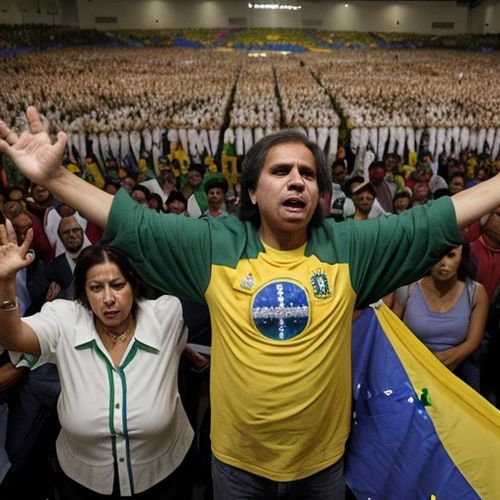
By James Moore/Apr 19, 2025

By Daniel Scott/Apr 19, 2025

By George Bailey/Apr 19, 2025
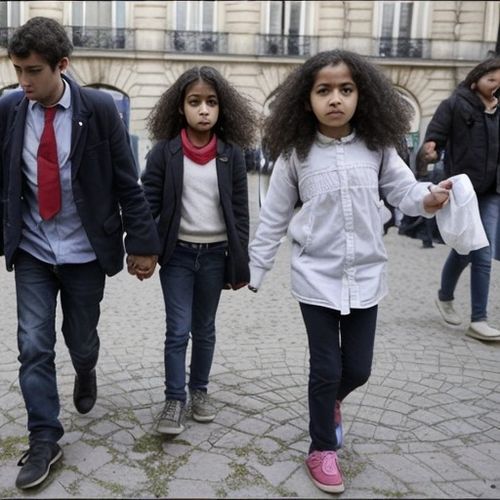
By Amanda Phillips/Apr 19, 2025

By Amanda Phillips/Apr 19, 2025

By Joshua Howard/Apr 19, 2025
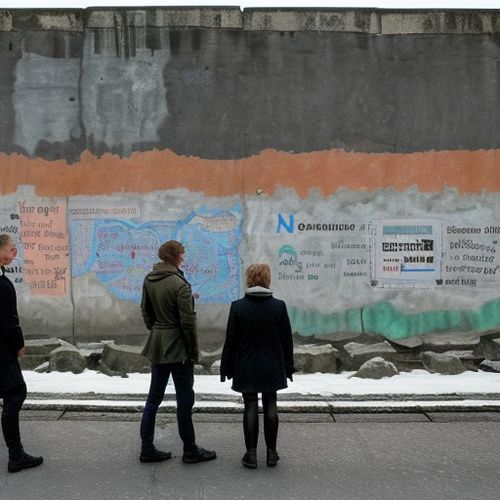
By Thomas Roberts/Apr 19, 2025

By Thomas Roberts/Apr 19, 2025

By Noah Bell/Apr 19, 2025
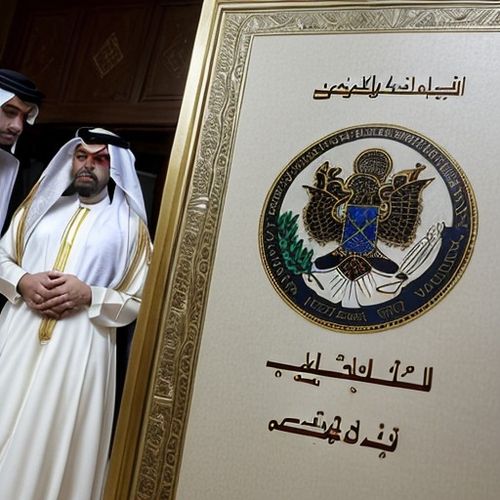
By James Moore/Apr 19, 2025
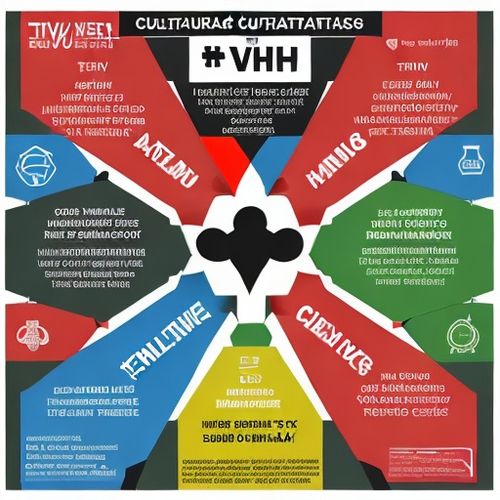
By Rebecca Stewart/Apr 19, 2025
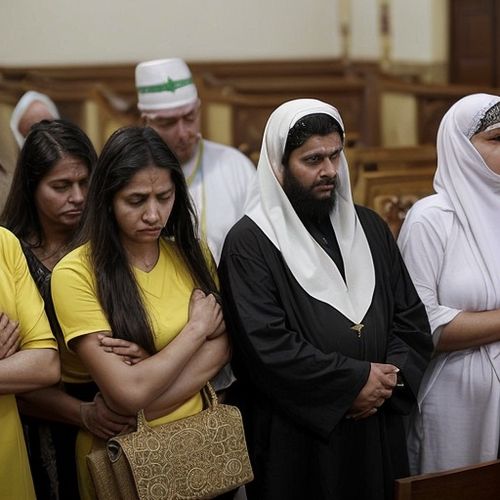
By Noah Bell/Apr 19, 2025

By Elizabeth Taylor/Apr 19, 2025

By Benjamin Evans/Apr 19, 2025
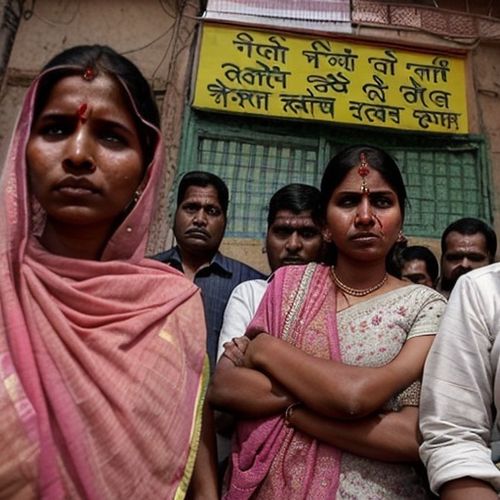
By Laura Wilson/Apr 19, 2025
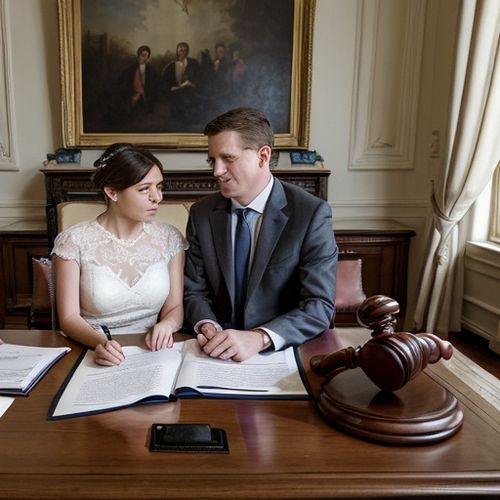
By Victoria Gonzalez/Apr 19, 2025

By Laura Wilson/Apr 19, 2025
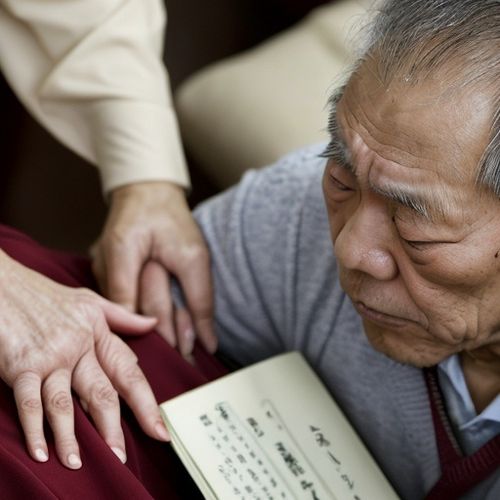
By Laura Wilson/Apr 19, 2025

By Sophia Lewis/Apr 19, 2025